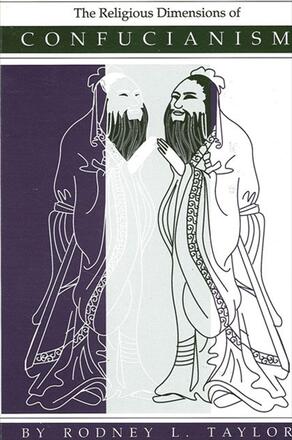
The Religious Dimensions of Confucianism
Alternative formats available from:
Description
The role of Confucianism in the development of East Asian Cultures has only recently begun to be fully appreciated. Even with this recognition, there is still little understanding of the tradition as a religious tradition. This book presents Confucianism as a religious tradition. In no other book has there been a sustained presentation of the many and varied religious dimensions of the tradition.
Rodney L. Taylor is Professor of Religious Studies and Associate Dean of the Graduate School at the University of Colorado at Boulder.
Reviews
"This is a splendidly definitive study of the old question whether Confucianism is a 'religion. ' Taylor's answer is a complex, subtly nuanced, but very positive Yes. After a methodological introduction, he raises the issue of the distinction between politics and religion in Chinese culture, and shows, by analysis of basic texts in Confucius and Mencius, that Confucianism is religious rather than political. The next two chapters are about the Confucian religious hero, the Sage, as founded in classic texts and in comparison with Western models, including that of the saint. The next four chapters deal with major religious themes, including the autobiographical recovery or making of a self, the relation of inner development to good works, the process of spiritual advancement, and the nature of meditation. The penultimate chapter compares Confucianism and Christianity on the problem of suffering, and the final chapter deals directly with a contemporary, theoretical, religious Confucianist in Japan. " — Robert Cummings Neville